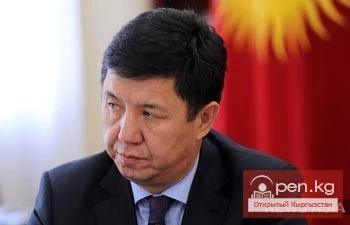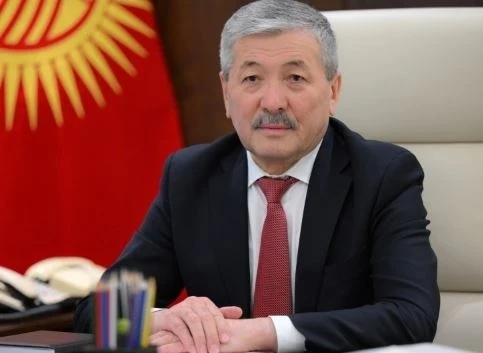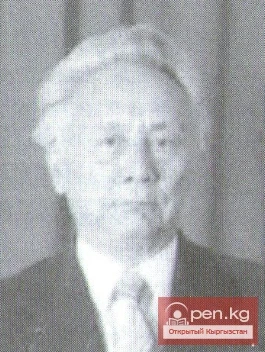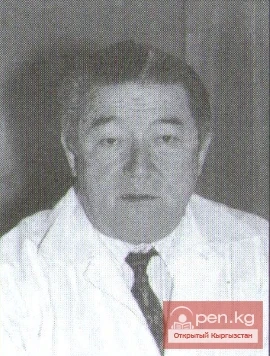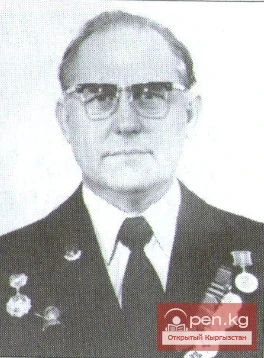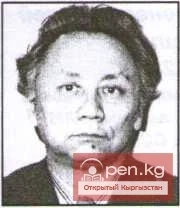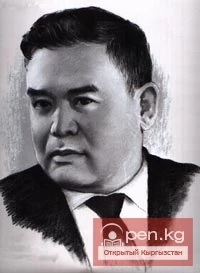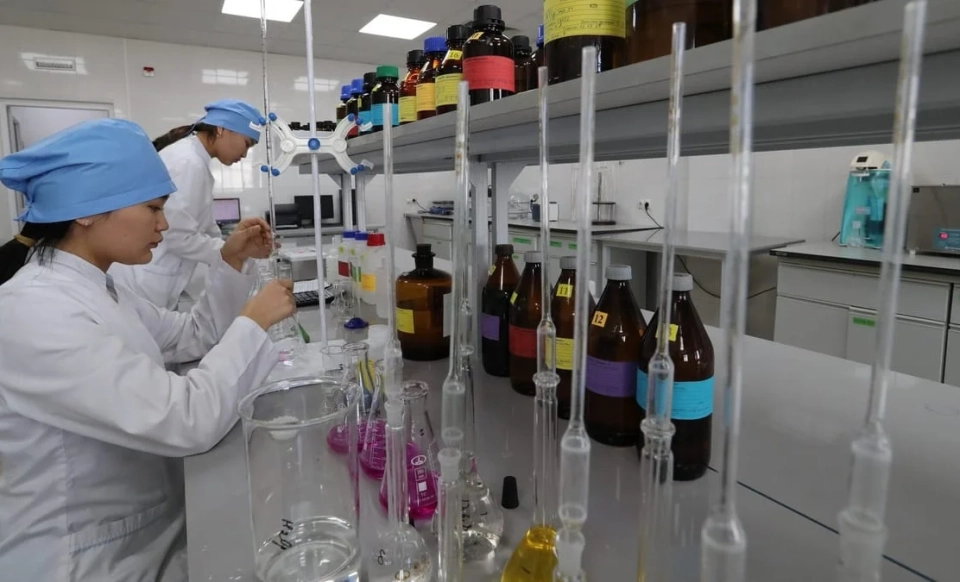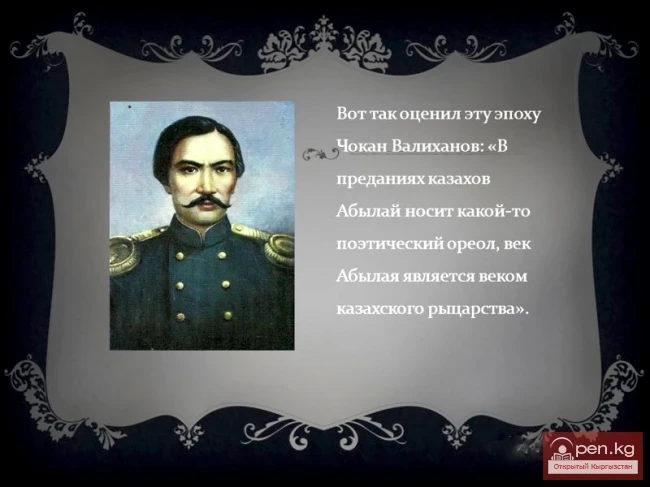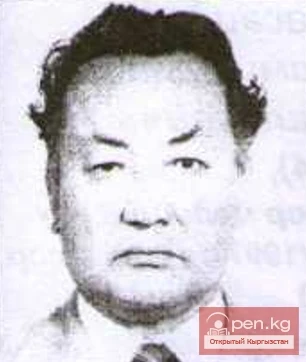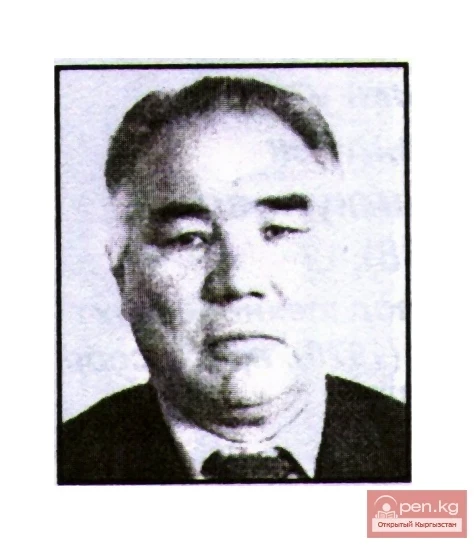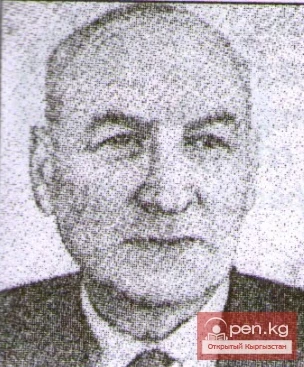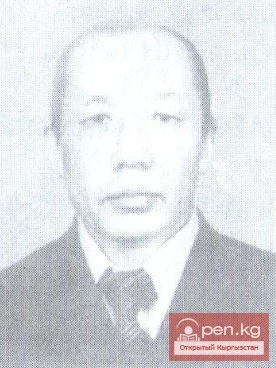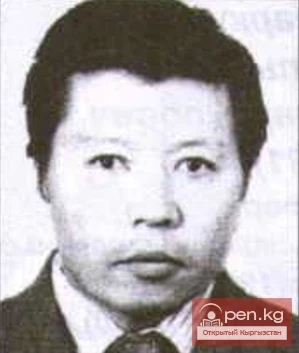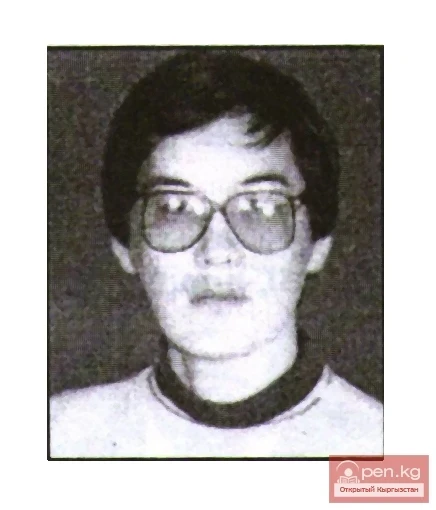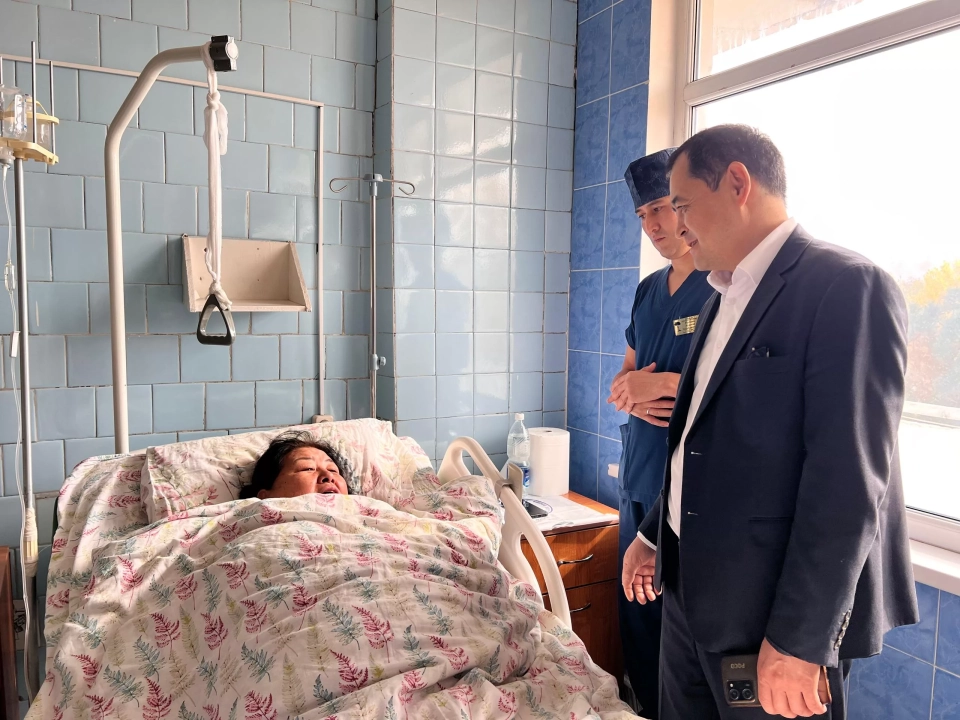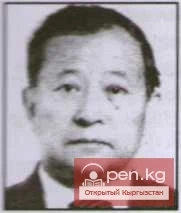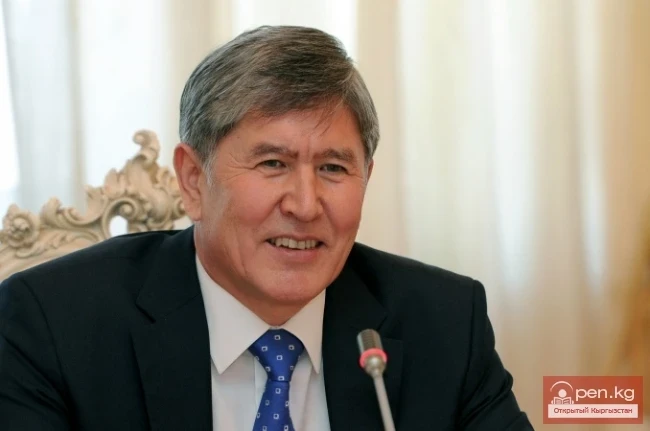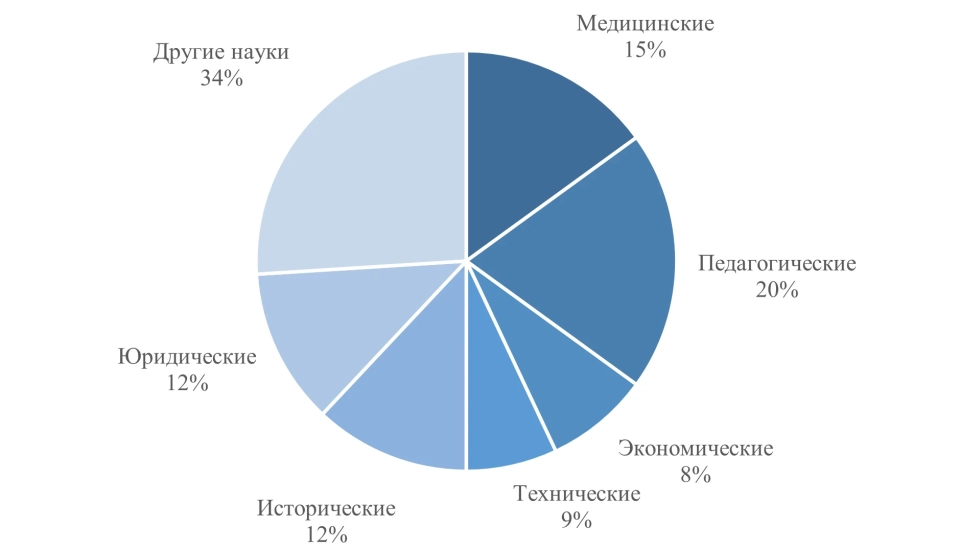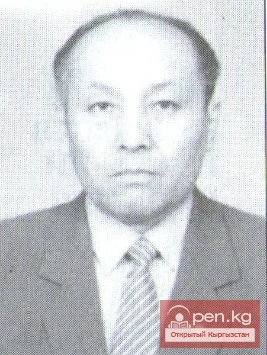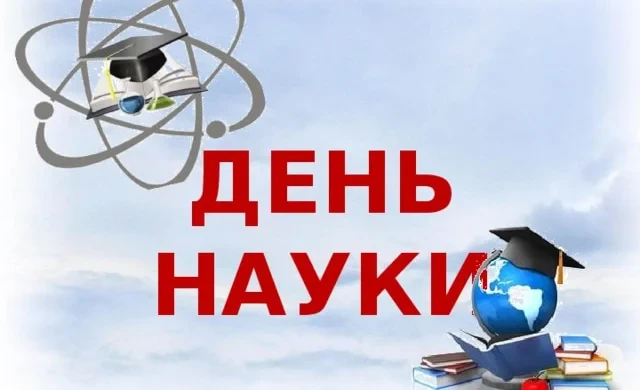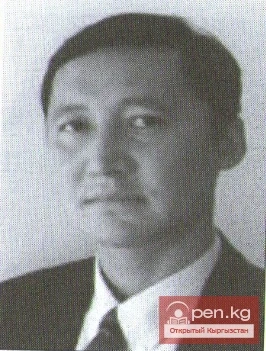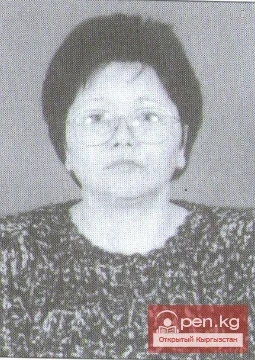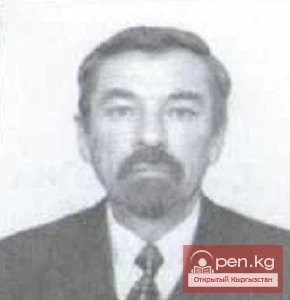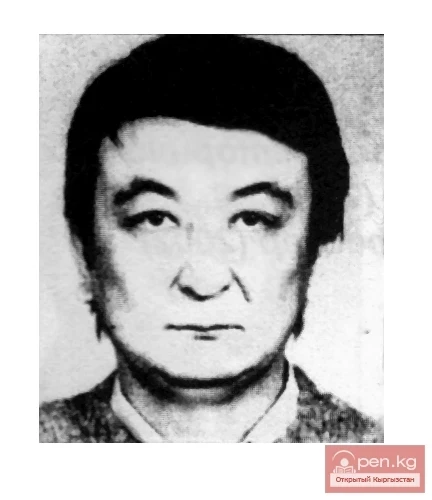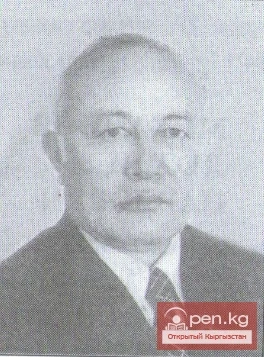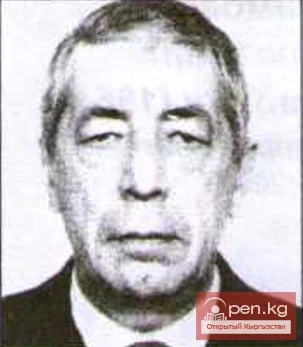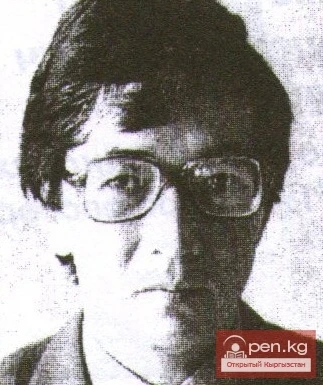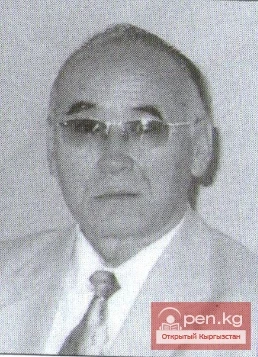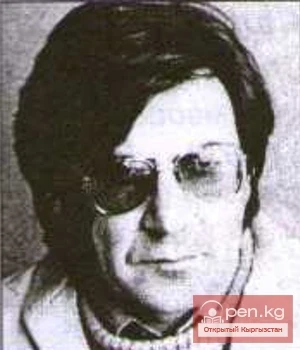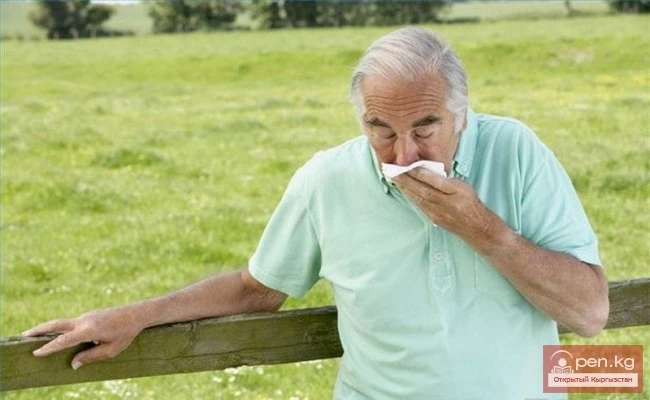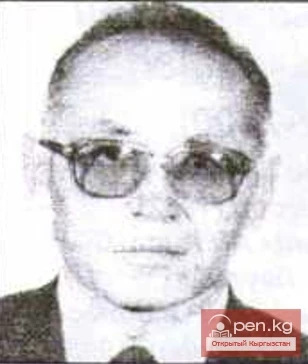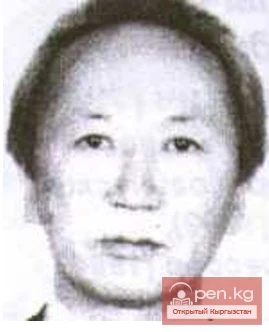Our department aims for a harmonious connection between science and practice in medicine so that researchers can offer evidence-based recommendations, and doctors can use them to provide quality care to the population.
- In which areas of medicine does Kyrgyzstan need research?
- Overall, global practice covers many directions in medicine. However, Kyrgyzstan can offer unique aspects related to diagnosis and treatment. For example, the mountainous landscape of the country requires specific research on diseases associated with high altitudes and the adaptation of people who have moved there or were born in these conditions.
Kyrgyzstan also has scientific schools engaged in interesting and unique research. The scientific achievements of our country attract interest abroad, especially in the CIS countries, where Kyrgyz scientists often present at international conferences.
- How is the involvement of youth in science in our country?
- For the past five years, I have been working in graduate school, and currently, about 250 graduate students are studying at KGMA. The new generation expresses itself differently: their knowledge of the English language is at a high level, and many are proficient in three languages. They also possess developed logical abilities and computer literacy. Young researchers actively participate in international internships and publish in journals such as Scopus, demonstrating a high H-index.
- What barriers exist for the development of science in Kyrgyzstan?
- The main barrier for the older generation of scientists is the language barrier when publishing in highly indexed journals. Although publications in Russian are useful, they limit the audience.
If our scientists could publish in English, their work would be more widely known in the world.Moreover, prestigious journals require payment for publication, which also creates difficulties. For example, the cost of publication in Q1 journals can reach 5-6 thousand euros. As a result, scientists choose more accessible journals or submit their work to publications where fees are charged to readers. But this raises the question of how willing the interested audience is to pay for access to the publications of Kyrgyz researchers.
- What achievements of Kyrgyz medicine do you consider the most significant?
- Our academics and professors are actively publishing and have a high H-index, which indicates the significance of their research. This metric reflects how often a scientist's work is cited. It is not the quantity of publications that matters, but their quality and interest from other researchers.
Today, the emphasis is placed on significance and citation rather than just the number of articles.Even if a researcher has only three publications, but they are cited, this already indicates their contribution to practical healthcare.
- What is your attitude towards science?
- I am a clinician, and for me, science is the foundation for quality healthcare. I am confident that if Kyrgyz healthcare relies on scientific research and evidence-based medicine, every citizen will receive safe and effective treatment.
In conclusion, I would like to note that medical science in Kyrgyzstan has always been at a high level and continues to develop thanks to the efforts of our esteemed academics and professors, as well as the contributions of youth, which help bring our science closer to global standards.
I congratulate everyone on Science Day and hope that practical medicine in the republic will be based on scientific data!Photo on the main page provided by Kalyzbubu Nogoybaeva.
